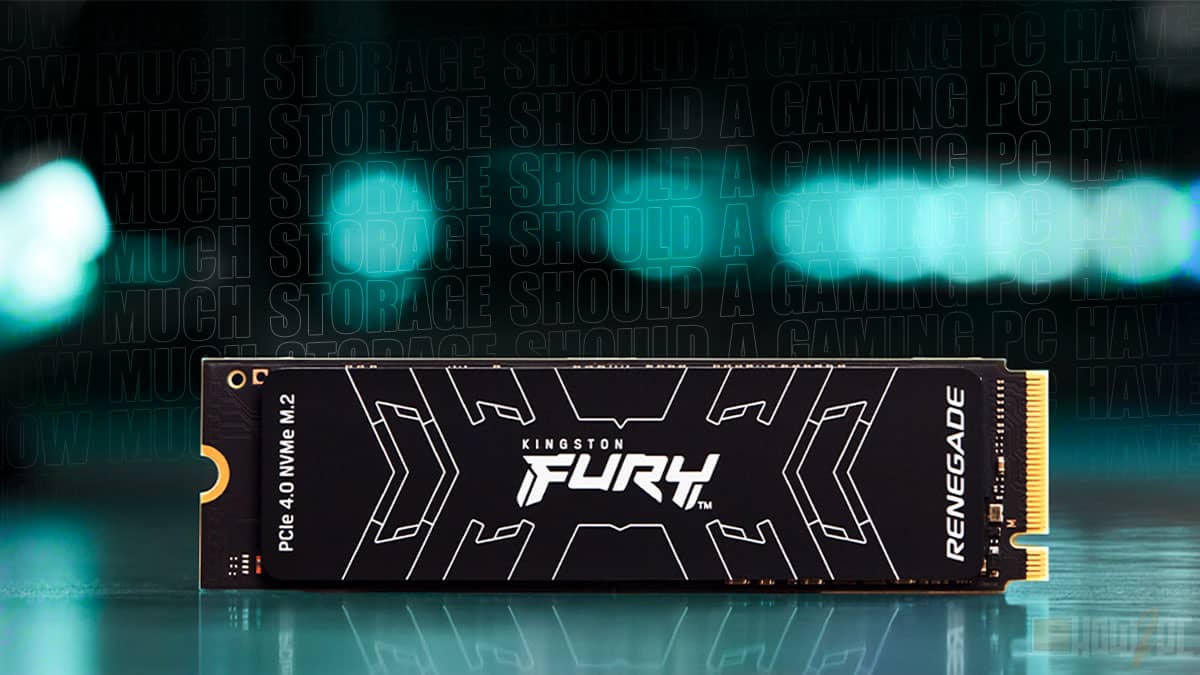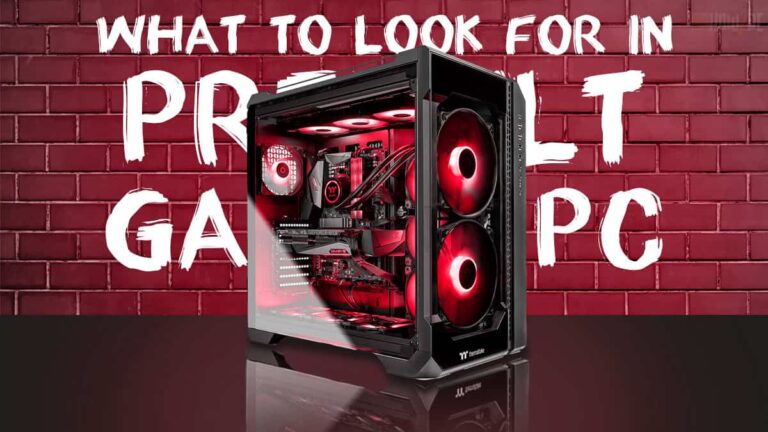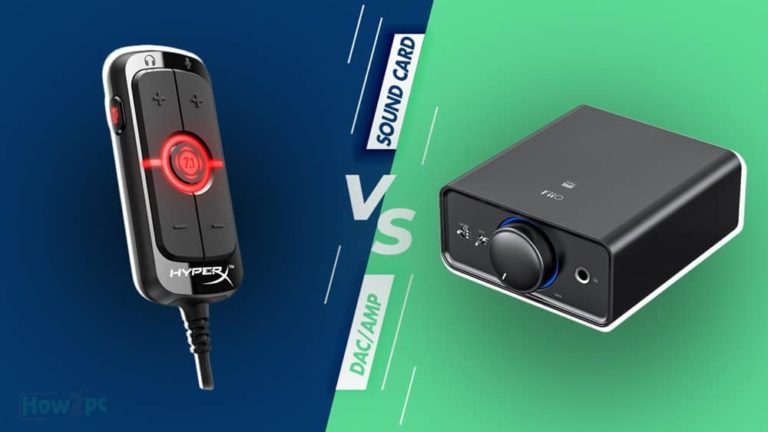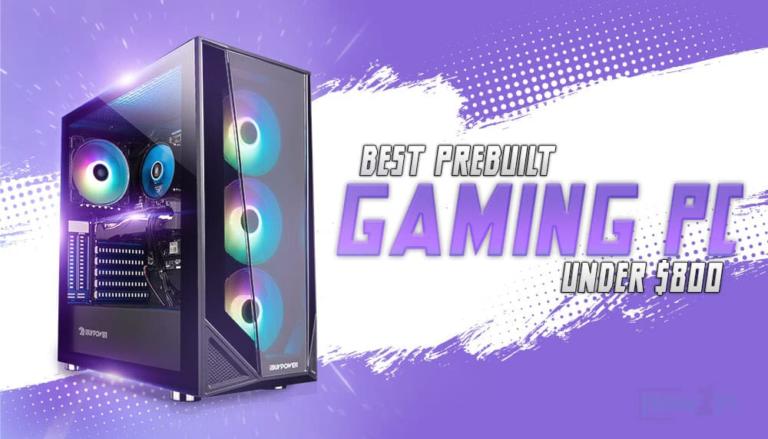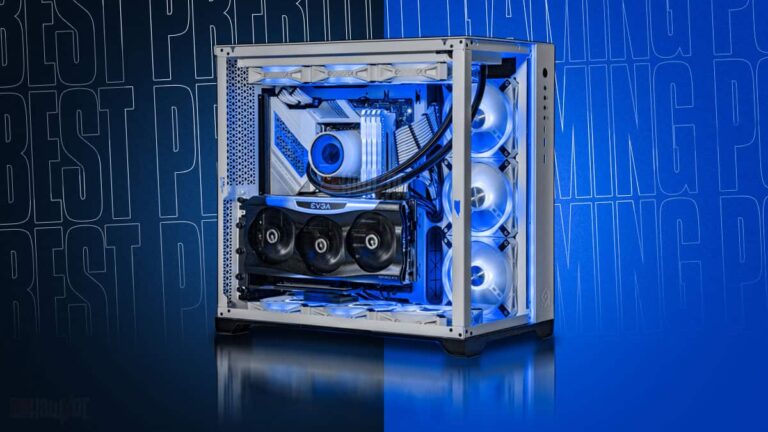Whether it is your shelf cabinet or a gaming PC going with the storage capacity can be quite frustrating to say the least. Don’t know about cabinets, but do you know that finding out the storage capacity that you need for a PC is very easily possible.
In this article, I am going to tell you how you can find the ideal storage capacity for a gaming PC so that you may not have any regrets later on because gamers will know how emotionally taxing it is to delete your favorite game.
So, without further ado, let’s begin.
How Much Storage Does My Gaming PC Need?
A gaming PC should ideally have a storage capacity of 1TB because modern games require a large amount of disk space. The bare minimum storage for a gaming PC should be 500GB because, with anything less than that, you will be deleting games and other files often to make space for new ones.
That being said, the topic of storage also depends on the needs and the downloading habits of an individual. Some folks may prefer having a lot of games on their PC, while others may only download the games that they want to play currently.
Therefore, finding personalized storage space for your needs is also important, and lucky you, I am going to tell you how you can fulfill that objective in an easy manner.
Finding the Ideal Storage for Your Needs
Finding the ideal storage capacity requires users to evaluate their preferences. The following are the aspects that count towards determining the ideal storage capacity for your needs.
- How often do you download and install games?
- At a time, how many games you have installed on your PC
- Do you want to stream games, or are you engaged in content creation?
- What is your tendency to use cloud storage?
These are the key points that you need to evaluate in order to find the ideal storage capacity for your needs.
Without going into much detail, if you download a lot of games and like to have many games installed at the same time, then you should have a higher capacity for storage. Upwards of 2TB would be good.
If you are engaged in content creation and want to stream, then it is recommended that you go with 3TB to 4TB storage for your PC.
If you are a gamer who likes to use cloud storage for media files and also don’t download a lot of games nor do you want to stream, then you can get away with storage between 500GB to 1TB.
With that being said, when asked I always recommend gamers to have at least a 1TB worth of storage capacity because you never know when that new game that you are interested in would drop a 150GB download file on you.
It is, therefore, safe to assume that you should at least have a storage drive of at least 1TB.
Should You Use an SSD or an HDD?
Always go for an SSD; there is no other answer to this question. An HDD, although cheaper than a comparable storage space SSD, is a lot slower.
In this day and age, where computers require fast data processing, having an HDD just slows the whole system down, which makes for an unsatisfying experience, to say the least.
This problem doesn’t exist with the SSD, therefore, despite being expensive, spending the extra is worthwhile on an SSD.
Related Guides
Check out our price-focused prebuilt PC guides below.
- Best Prebuilt Gaming PC Under 500
- Best Prebuilt Gaming PC Under 800
- Best Prebuilt Gaming PC Under 1000
- Best Prebuilt Gaming PC Under 1500
- Best Prebuilt Gaming PC Under 2000
Check out our GPU-focused prebuilt PC guides below.
- Best RTX 3070 Prebuilt PC
- Best RTX 3080 Prebuilt PC
- Best RTX 3060 Prebuilt PC
- Best RTX 3090 Prebuilt PC
Check out our aesthetics-focused gaming PC guides below.
Check out some of the other related guides.
- How to Check Computer Specs
- Gaming Laptop vs Desktop
- Parts Needed to Build a Gaming PC
- How Long Does a Gaming PC Last?
- How Much RAM Should a Gaming PC Have?
- Best Prebuilt Gaming PC
Conclusion
This wraps up the article on how much storage a gaming PC should have. To iterate again, the ideal place to start is a 1TB SSD as your storage drive.
You may or may not adjust this 1TB figure with higher capacity drives according to your needs but don’t go lower than 1TB.
Now before closing the article, let me know in the comment section down below whether you agree or disagree with the choice of storage capacity for a modern gaming PC. Also, let me know how much storage you currently have in your gaming PC.

